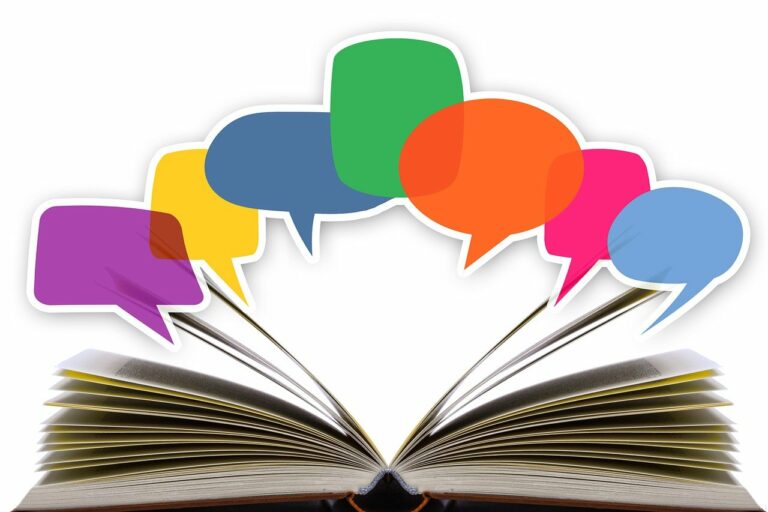The Role of Artificial Intelligence in Revolutionizing Education
In todays educational landscape, there exists a blend of traditional teaching methods and newer technological approaches. With the rise of digital resources and online platforms, the way knowledge is imparted and acquired has seen a significant shift. Students now have access to a vast array of information at their fingertips, enabling them to explore and learn beyond the confines of the classroom.
Furthermore, the increasing focus on personalized learning has become a prominent feature in education. Recognizing that each student is unique in their learning style and pace, educators are striving to cater to individual needs and preferences. This shift towards personalization aims to enhance student engagement and understanding, promoting a more effective and inclusive learning environment.
The integration of technology in education has revolutionized the way students learn and teachers instruct.
Online platforms and digital resources have expanded access to educational materials beyond traditional textbooks.
Personalized learning approaches aim to cater to individual student needs, promoting a more inclusive and engaging learning experience.
Challenges in Traditional Teaching Methods
Traditional teaching methods have long been the cornerstone of education, but they come with their fair share of challenges. One major drawback is the one-size-fits-all approach, where teachers deliver the same content to all students regardless of their individual learning styles and paces. This can lead to disengagement and a lack of motivation among students who may struggle to keep up or feel unchallenged by the material.
Moreover, traditional teaching methods often rely heavily on passive learning, such as lectures and rote memorization, which may not effectively foster critical thinking and problem-solving skills in students. Without opportunities for hands-on learning and active participation, students may struggle to apply theoretical knowledge to real-world situations. As the educational landscape continues to evolve, addressing these challenges in traditional teaching methods is crucial to ensuring that all students have the opportunity to thrive in a rapidly changing world.
The Impact of AI on Personalized Learning
Personalized learning has evolved significantly in recent years with the integration of artificial intelligence (AI) in educational settings. Students’ individual needs and learning styles can now be better understood and addressed through AI-powered adaptive learning platforms. These systems can analyze vast amounts of data to tailor lesson plans and content to each student’s pace and comprehension level, ultimately enhancing their overall learning experience.
Additionally, AI algorithms can provide real-time feedback and recommendations to both students and teachers, allowing for more efficient identification of areas needing improvement and personalized interventions. With the ability to track progress and adjust teaching strategies accordingly, educators can better support students in reaching their full potential. Overall, the integration of AI in personalized learning is revolutionizing the way education is delivered and fostering a more inclusive and effective learning environment for all students.
What is personalized learning?
Personalized learning is an educational approach that tailors instruction to meet the individual needs and interests of each student.
How can AI enhance personalized learning?
AI can analyze vast amounts of data to create personalized learning paths for students, helping them to learn at their own pace and in their own way.
What are some challenges in traditional teaching methods that AI can address?
Traditional teaching methods often struggle to cater to the diverse learning styles and abilities of students. AI can help by providing adaptive learning experiences that are tailored to each student.
Will AI replace teachers in the classroom?
AI is not meant to replace teachers, but rather to support them in providing more effective and personalized instruction to students.
How can schools implement AI for personalized learning?
Schools can implement AI for personalized learning by investing in educational technology tools that leverage AI algorithms to analyze student data and provide customized learning experiences.







